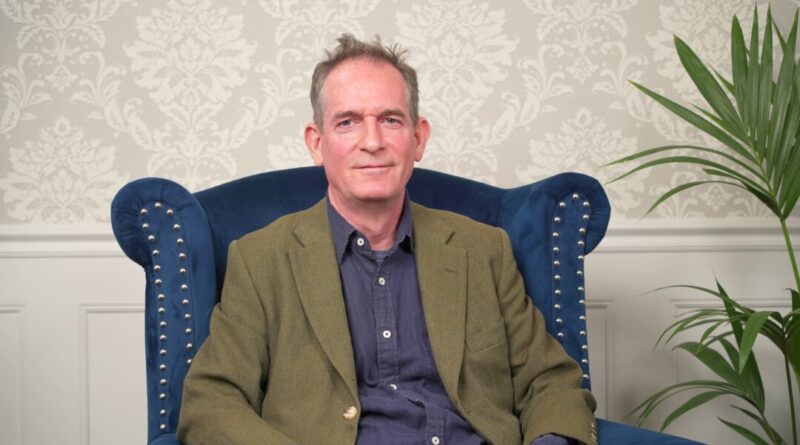Climate Change: A Filmmaker Critiques the Hysteria
Martin Durkin explained that he chose to interview older scientists for the film because expressing climate skepticism can jeopardize a scientist’s career.
Martin Durkin, the writer and director of “Climate: The Movie (The Cold Truth),” asserted that there is no scientific foundation for climate alarm, despite widespread belief in the opposite. Speaking on NTD’s “British Thought Leaders” programme, Durkin emphasized that the scientific evidence does not align with the exaggerated climate hysteria. He also highlighted that younger academics refrain from challenging the dominant narrative for fear of career repercussions in the scientific community.
In his latest film, Durkin interviewed prominent physicists, including Nobel Prize laureate John Clauser, who disputed the idea of human and CO2-induced global warming. Contrary to popular beliefs, the scientists argued against the notion of climate change driven solely by human activities.
Additionally, Durkin mentioned that the film showcases arguments that counter prevailing beliefs, such as the lack of increase in hurricanes and wildfires. He pointed out that the current period is significantly colder compared to the past 550 million years, with relatively low levels of CO2 in the atmosphere despite industrial emissions.
Durkin insisted that mainstream studies have debunked the notion of CO2 being the primary driver of climate change, as it represents only a fraction of Earth’s intricate climate system. He urged for critical review of the popular belief that this gas significantly impacts climate change, pointing to numerous mainstream studies that refute this claim.
Despite the evidence challenging manmade climate change theories, Durkin admitted that he primarily interviewed older scientists who were no longer concerned about their careers. He highlighted the case of a younger scientist, Matthew Wielicki, who faced professional consequences for expressing skepticism.
Furthermore, Durkin recalled past incidents where astrophysicists Willie Soon and Sallie Baliunas were censored from discussing climate skepticism due to potential career repercussions. He noted that their interviews were canceled years ago due to external pressures, highlighting the suppression of dissenting voices within the scientific community.
By releasing his film on social media platforms for free, Durkin acknowledged the reluctance of traditional broadcasters to engage with the content due to its contentious nature. He criticized the mainstream media for aligning with the climate crisis narrative, attributing their stance to political sympathies or fear of criticism.
He underscored the lack of critical scrutiny in environmental journalism, accusing journalists of neglecting to challenge baseless claims and contributing to the perpetuation of unfounded climate alarmism. Durkin also questioned the uniformity in media coverage on climate change and accused environmental journalists of being complicit in promoting a crisis narrative to maintain their relevance.
Reflecting on the underlying motivations of environmentalism, Durkin pointed out that it often serves as a platform for anti-capitalist sentiments that advocate for greater state intervention. He emphasized the need for a deeper understanding of the scientific basis behind climate change beliefs, rather than following political inclinations.





